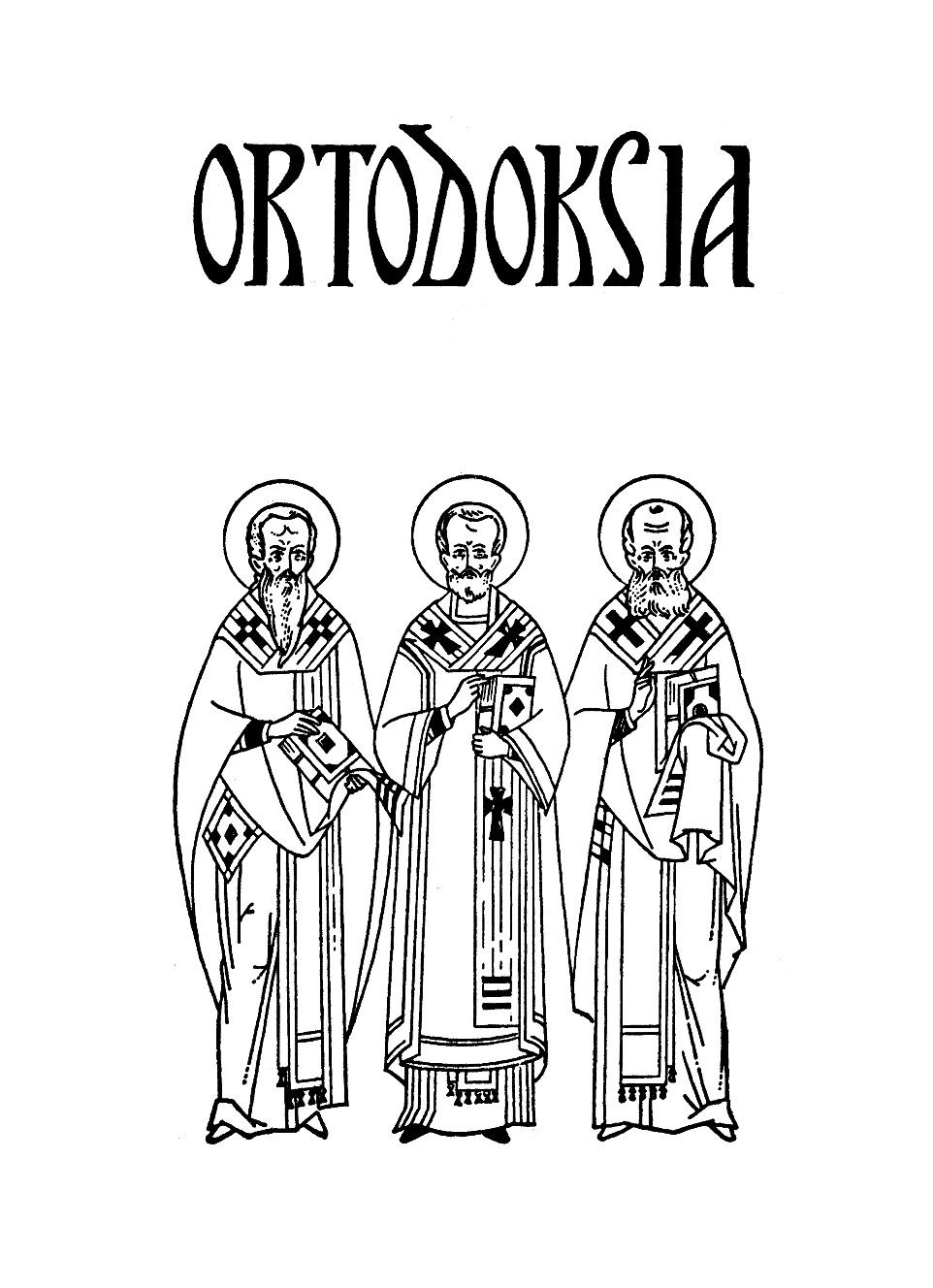Tarvitaanko ortodoksista eksegetiikkaa?
Abstrakti
The Orthodox Church and its members undoubtedly benefit from academic biblical research. Difficult passages in the Bible can often be best explained by solid information about their historical circumstances and literary conventions. Thus, 1. Tim. 2:15 remains a mystery without proper exegetical knowledge. Moreover, widespread disinformation about the roots of Christianity creates a need for dependable academic exegesis.
But does academia need an Orthodox perspective as well? One answer is provided by the Eastern Europe Liaison Committee of the Studiorum Novi Testamenti Societas, which gathers exegetical libraries in St. Petersburg and in Sofia: “The long-term aim of both libraries is to foster a form of Orthodox biblical scholarship, which neither limits itself to confessional or dogmatic interests nor simply copies Western Enlightenment scholarship. What is sought is a distinctive form of scholarship with a clear profile that reflects the richness of Orthodox traditions—scholarship that acknowledges and seriously engages the contextual realities of one’s own country while advancing the worldwide dialogue about the Bible.”
Some of these aims are practical. The relevance of biblical studies in any country and church raises the issue of contextuality. Translating the Bible requires local experts as well. Moreover, no biblical scholar can do without the expertise of Greek colleagues when reconstructing the original text of the Greek New Testament. On a more theoretical level, the question becomes more difficult. In principle, no Orthodox exegesis is needed. According to Theodore Stylianopoulos, one should differentiate between the hermeneutical level, “involving the reader’s assent or dissent to the Scripture’s ideas” and the exegetical level, “the academic study of Scripture.” “This exegetical level is the foundation of biblical study as a scientific discipline which should, ideally, be not Orthodox, Roman Catholic, or Protestant, but simply biblical.”
In practice, the situation is not quite that simple. Academic scholars cannot produce purely “objective” research; therefore, it is of great importance that they come from different backgrounds and cultures. Yet, exegetical research should follow the same methods and criteria as any other discipline at the university.
A specific area in which Orthodox scholars may excel is patristic exegesis, viz. consulting Early Greek Fathers in order to better understand New Testament writings. The dissertation of Father Mikael Sundkvist is a good example of such research.
The criticism sometimes levelled against academic exegesis among the Orthodox in Finland does not differ from the arguments presented within the Lutheran Church. They are partly due to misunderstanding academic studies, but not always. According to Metropolitan Elder John of Nicea, “the highest academic research is not a problem for the Church, but a certain ... quasi-science may create problems ... when faith takes the place of science or science tries to replace faith.” Unfortunately, examples of such bad exegesis can also be found.


